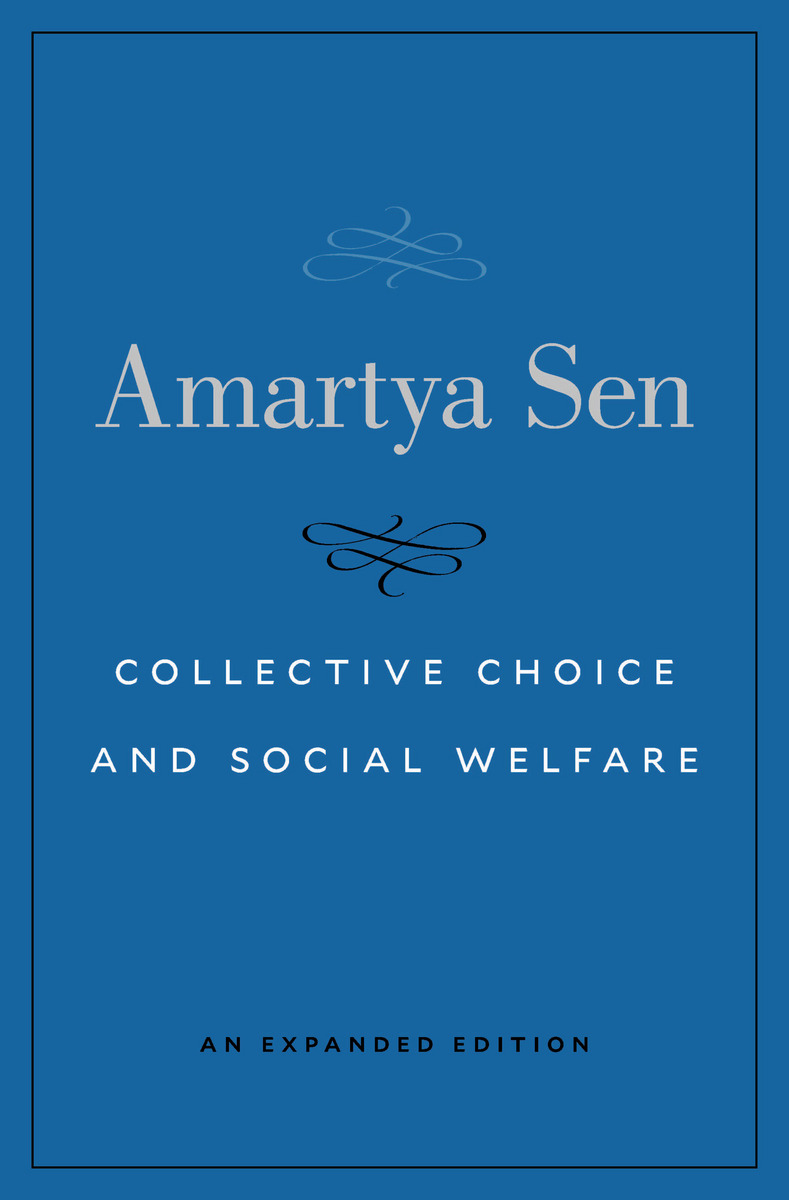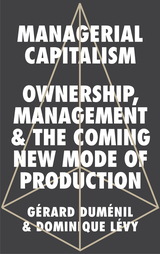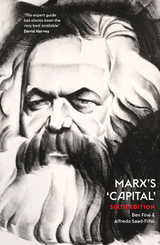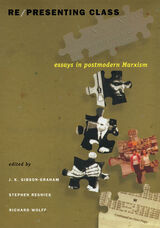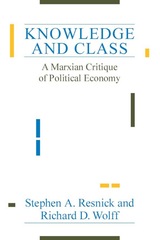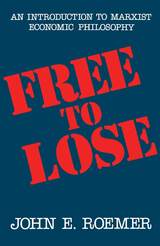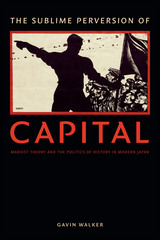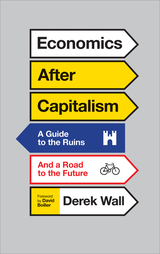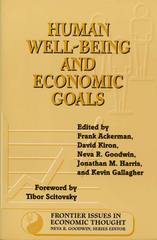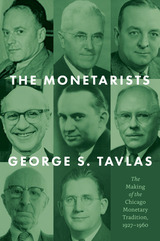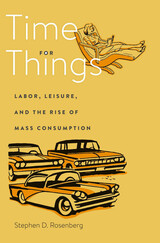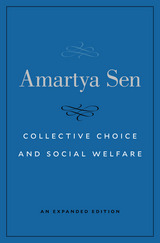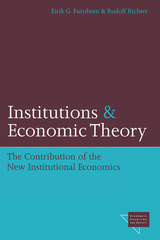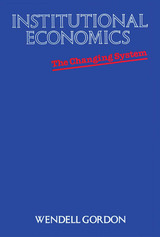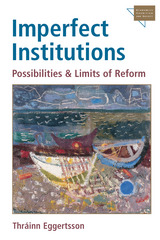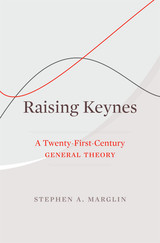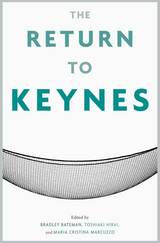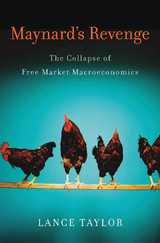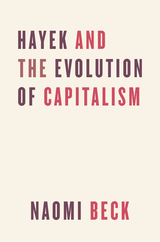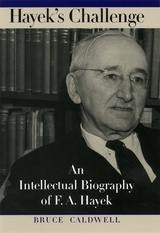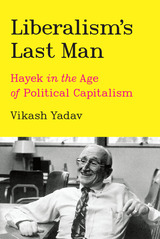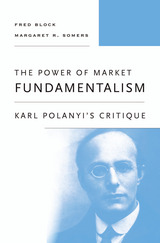Paper: 978-0-674-91921-1 | Cloth: 978-0-674-97160-8 | eISBN: 978-0-674-97461-6
Library of Congress Classification HB99.3.S45 2017
Dewey Decimal Classification 302.35
Originally published in 1970, this classic study has been recognized for its groundbreaking role in integrating economics and ethics, and for its influence in opening up new areas of research in social choice, including aggregative assessment. It has also had a large influence on international organizations, including the United Nations, notably in its work on human development. The book showed that the “impossibility theorems” in social choice theory—led by the pioneering work of Kenneth Arrow—do not negate the possibility of reasoned and democratic social choice.
Sen’s ideas about social choice, welfare economics, inequality, poverty, and human rights have continued to evolve since the book’s first appearance. This expanded edition preserves the text of the original while presenting eleven new chapters of fresh arguments and results.
“Expanding on the early work of Condorcet, Pareto, Arrow, and others, Sen provides rigorous mathematical argumentation on the merits of voting mechanisms…For those with graduate training, it will serve as a frequently consulted reference and a necessity on one’s book shelf.”
—J. F. O’Connell, Choice
See other books on: Expanded Edition | Sen, Amartya | Social choice | Social Welfare | Welfare economics
See other titles from Harvard University Press
